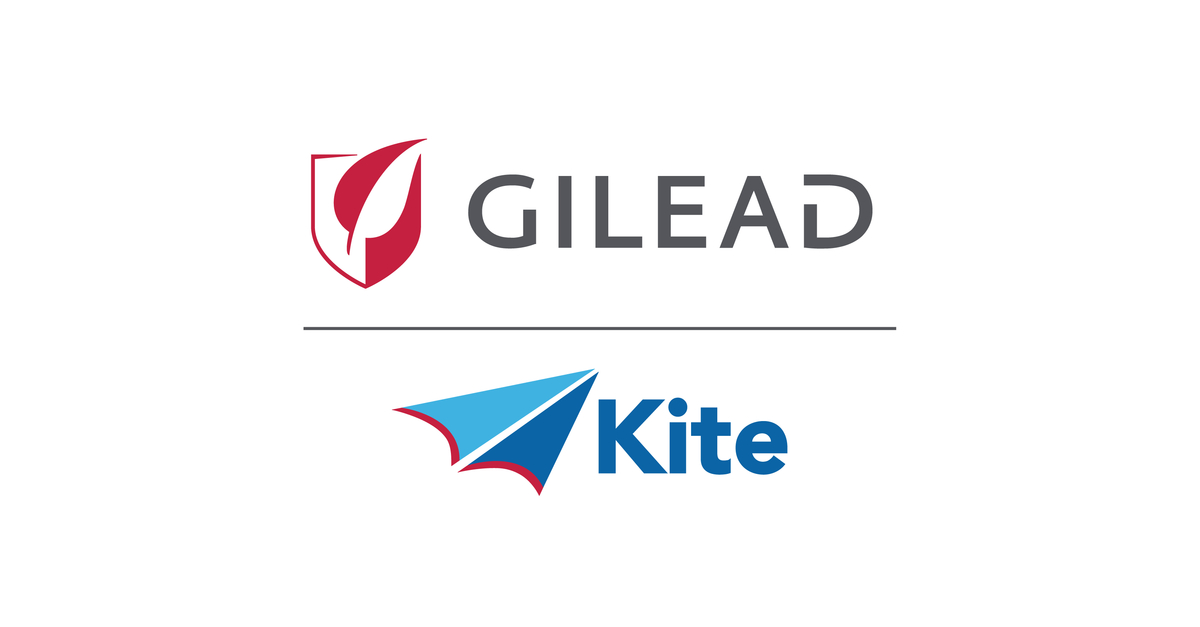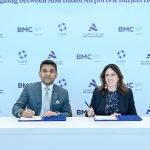Gilead Sciences in Saudi Arabia recently announced that Gilead and Kite Oncology is expanding its business with the launch of operations in Brazil, Saudi Arabia and Singapore. Gilead has submitted regulatory applications for Kite’s CAR T-cell therapy products in all three countries. Advanced blood cancers represent an area of significant need across all three countries.
In both Singapore and Saudi Arabia, lymphomas are the fifth most common cancer overall; more than 1,000 new cases of non-Hodgkin lymphoma (NHL) are diagnosed in Singapore and nearly 1,700 in Saudi Arabia each year1,2 . In Brazil, more than 12,000 cases of NHL are estimated to be diagnosed per year.3 “As the global cell therapy leader, Kite is working to bring access to CAR T-cell therapy to new areas around the world where patients currently do not have access to this potential cure for some advanced blood cancers,” said Christi Shaw, Chief Executive Officer of Kite.
“We are pleased to continue expanding our international operations and look forward to partnering with the health care systems in these regions.”
Dedicated Gilead and Kite teams are now in place working to qualify leading hospitals to administer CAR T-cell therapy in each of the new countries, pending local regulatory approvals, and the Company plans to increase its workforce in these countries in 2022. Gilead and Kite currently has more than 300 qualified treatment centers globally, including in the US, Australia, Canada and Europe, as well as through our joint venture in China and our licensing partner in Japan. Currently, Kite is the only company dedicated exclusively to the research, development, and manufacturing of cell therapy on a global scale. Kite is unique in that all functions dedicated to cell therapy are vertically integrated under Review Complete August 31, 2022 Page 2 SA-UNB-0077 one leadership team for efficient delivery of the highly specialized and complex end-to-end processes needed to support CAR T-cell therapy.














